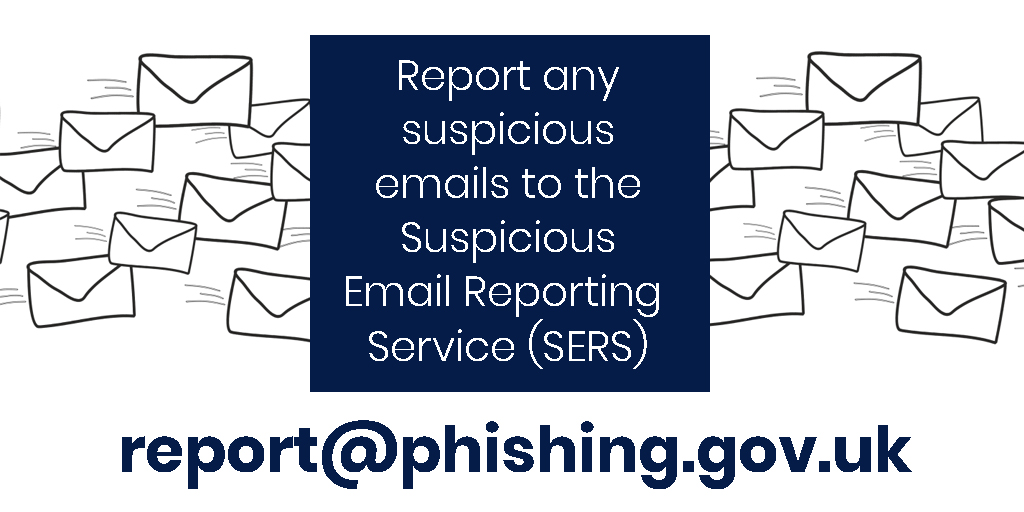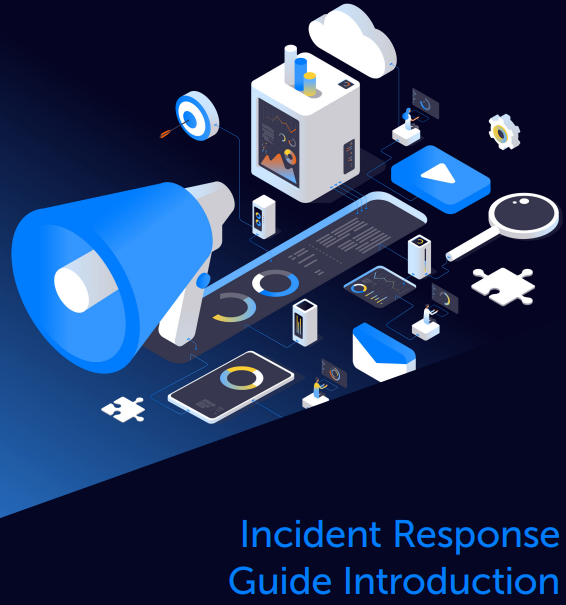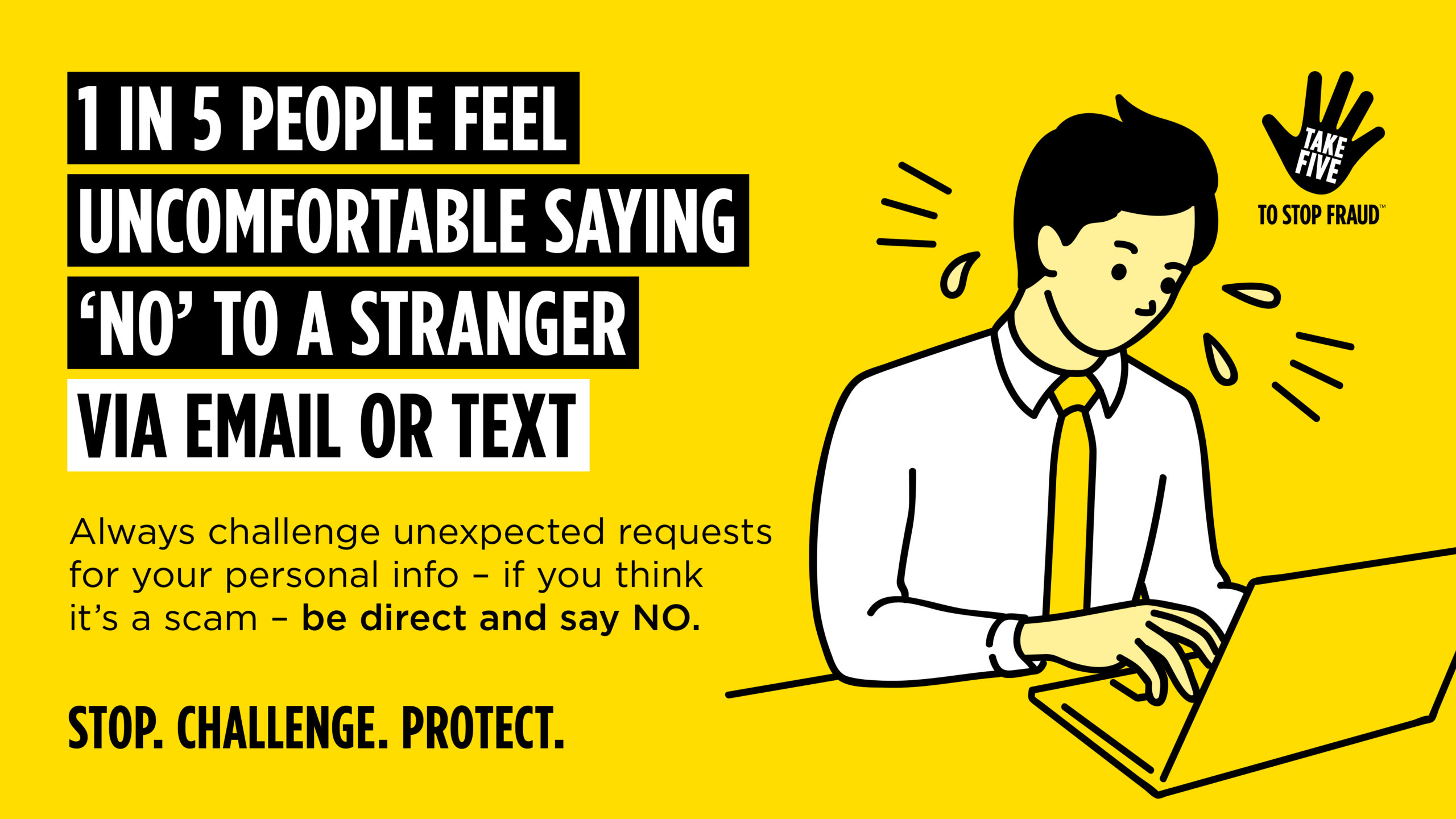The Chartered Trading Standards Institute (CTSI) has been informed of a newly emerging scam on WhatsApp, where scammers attempt to impersonate family members to steal money.
A member of the public named Alison received a message on the popular messaging platform WhatsApp: “Hi mum, I’ve dropped my phone down the loo (sad emoji) this is my new number.”
Alison replied to the message and asked if it was her son, Will, to which the scammer replied in the affirmative. The very next day, Alison’s ‘son’ messaged her asking for £2,600 and explained that he had got mixed up with loan sharks and needed to pay up. Alison didn’t doubt the message for a moment.
Alison tried to call her ‘son’ back, but the person on the other end kept saying they couldn’t take the call and continually put pressure on her to make the payment quickly. This worried Alison, who agreed to make the payment. The person gave the bank details of the alleged loan shark to pay.
Fortunately for Alison, she forgot to click the final payment confirmation and, after some time, the scammer messaged asking for a picture to prove the payment had been made. This caused a wave of scepticism in Alison’s mind. She managed to get in touch with her son, who confirmed that he had not messaged her to for money.
When receiving a message out of the blue like this, always be suspicious, especially if money is involved. Fraudsters are skilled at influencing quick action, so always take steps to verify the identity of anyone asking you send money or provide financial details.
You can report suspicious texts by forwarding them to 7726 – a free service by Ofcom which enables authorities to analyse messages.
- Report all scams to Advice Direct Scotland on 0808 164 6000or via their website.
- If you fall victim to fraud, you can call Police Scotland on 101.













